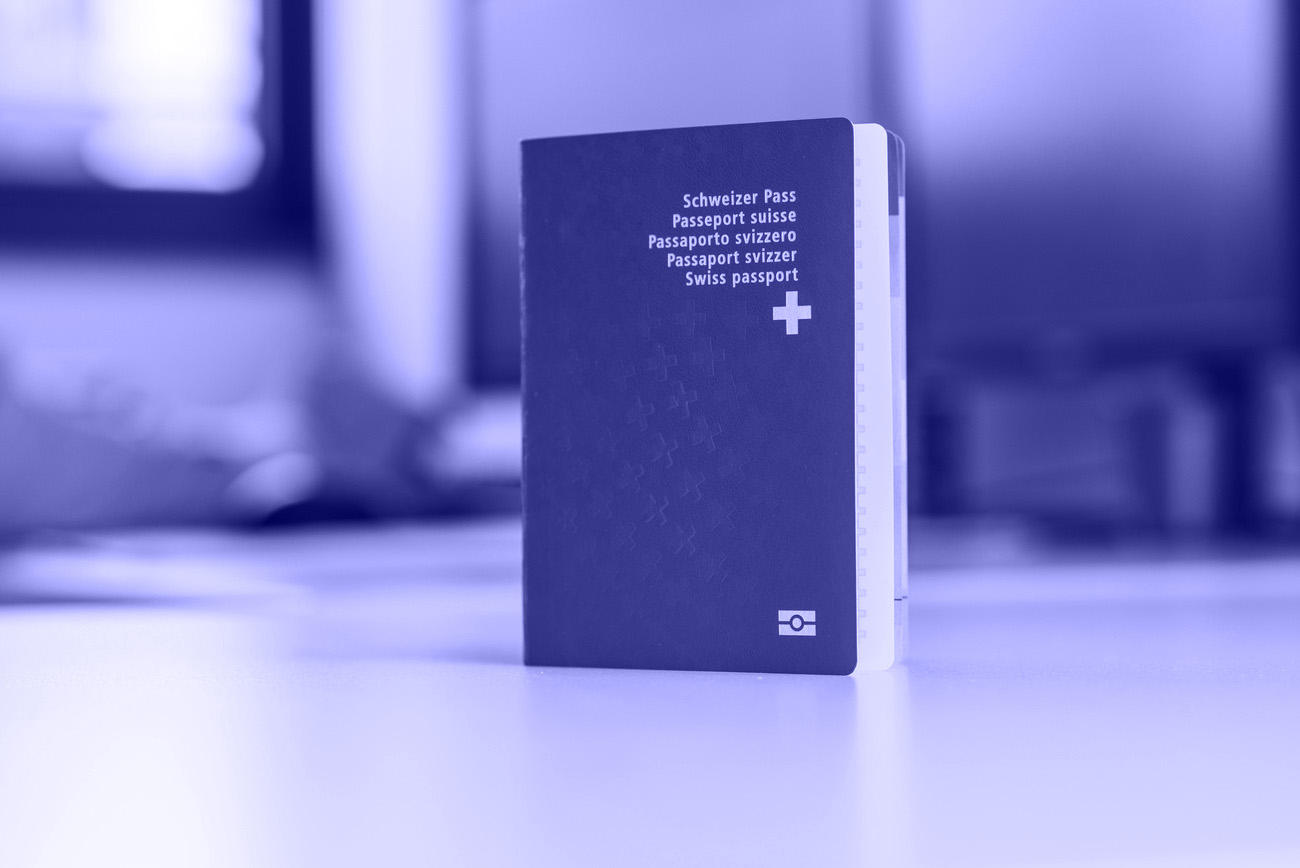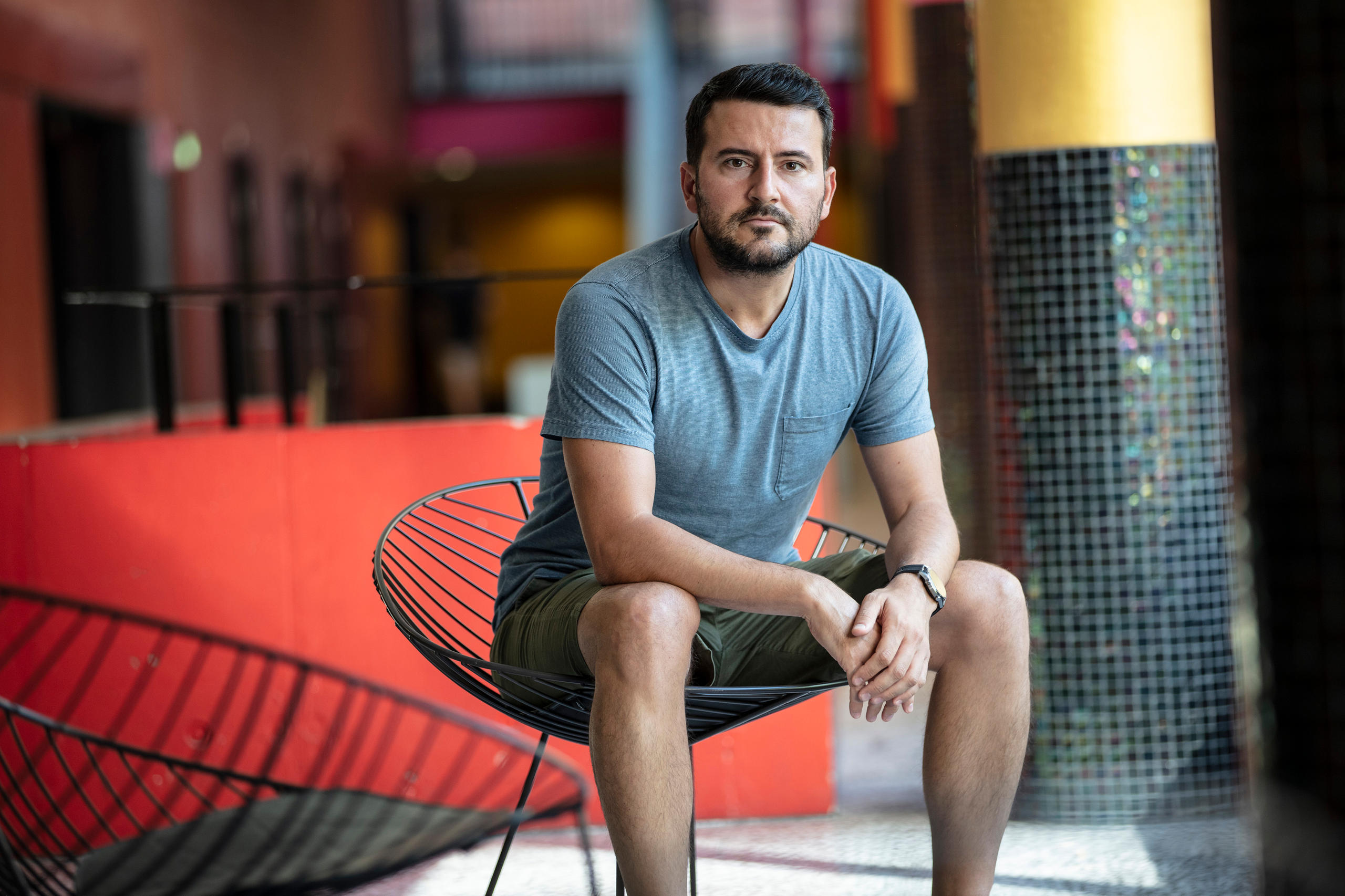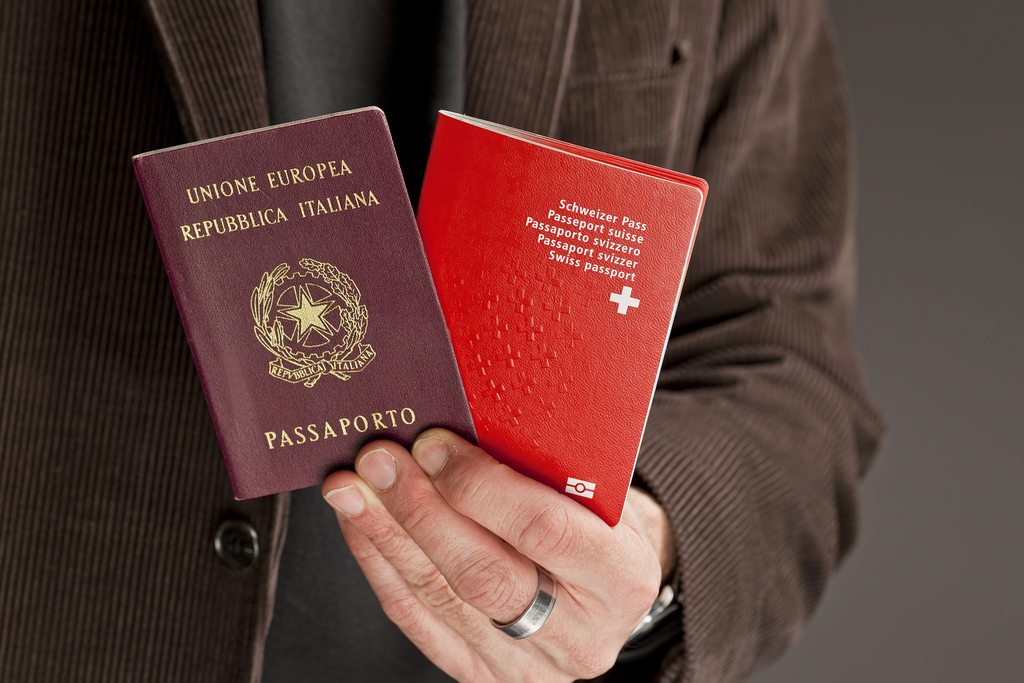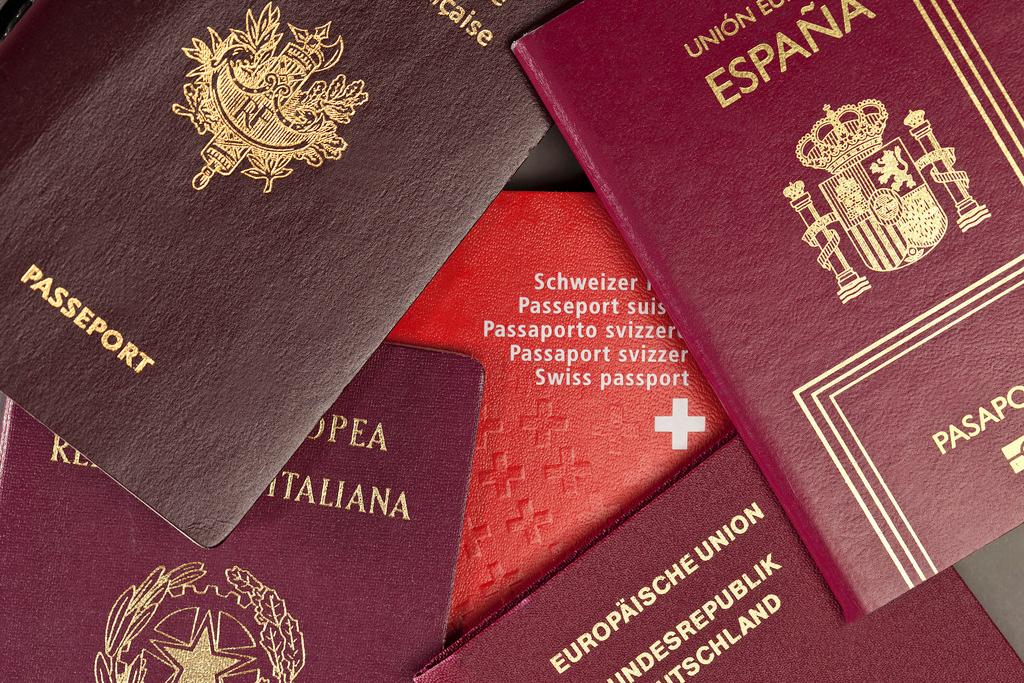How to get Swiss citizenship?

A Swiss passport may be acquired by descent, by marriage or after living in the country for a certain length of time. However, the naturalisation process can be long and complex.
In Switzerland, children born there do not automatically gain Swiss nationality, unlike in countries such as the United States or Australia.
The following children are Swiss from birth:
- A child born to married parents, where at least one parent holds Swiss nationality.
- A child born to an unmarried Swiss mother.
- A child born to an unmarried Swiss father, but only if the father acknowledges paternity before the child reaches legal age.
- A child adopted abroad, if at least one adoptive parent has Swiss nationality.
Switzerland allows dual nationality without any restrictions. However, some countries may require nationals to give up their original citizenship if dual nationality is not permitted under their laws.
Owning Swiss nationality gives individuals the right to apply for a Swiss passport, which is highly valued for its global access and travel benefits.
Obtaining Swiss citizenship with Simplified naturalisation
Several groups of people may qualify for simplified naturalisation, a quicker and easier way to gain Swiss nationality. The federal government makes the decision, skipping complex cantonal and communal processes. These groups include:
Spouses of Swiss citizens living in Switzerland: They qualify if they have been married for at least three years and lived in Switzerland for a total of five years, including the year before applying.
Spouses of Swiss citizens living abroad: They qualify if they have been married for at least six years and have strong ties to Switzerland. These ties can include prior residence, knowledge of a national language, or other significant connections.
Since July 1, 2022, same-sex couples have the right to marry under the same conditions as opposite-sex couples in Switzerland. The simplified naturalisation process applies equally to all married couples, ensuring fair treatment under Swiss nationality laws.
Stateless children: They can apply if they have lived in Switzerland for at least five years, including the year before applying.
Children of naturalised parents: They qualify if they were minors when their parent gained Swiss nationality and apply before turning 22. They must have lived in Switzerland for five years, including three consecutive years before applying.
People who mistakenly believed they were Swiss: They qualify if they lived in Switzerland for at least five years under the assumption they held Swiss nationality.
Third-generation foreigners: They qualify if at least one grandparent was born in Switzerland or had residency rights. In addition, one parent must have lived in Switzerland for at least ten years, obtained a permanent residence permit, and attended school in Switzerland for at least five years. Applicants must also have been born in Switzerland, hold a permanent residence permit, and completed five years of compulsory schooling in Switzerland.
General requirements for all applicants:
Applicants for simplified naturalisation must meet these conditions:
- No debts or criminal record.
- Proficiency in a national language (B1 level for speaking, A2 level for writing).
- No reliance on social assistance for the three years before applying.
- Successful integration into Swiss society.
- Attendance at an interview to demonstrate knowledge of Switzerland’s history, geography, politics, and culture.
- Applicants must not pose a security threat to the country.ng its geography, history, politics, and society.

More
Swiss passport attracts more Russians than Italians
Ordinary naturalisation to become a Swiss citizen
This process is more complex because it involves communal (municipal), cantonal, and federal authorities. Generally, anyone who has lived in Switzerland for at least 10 years and holds a permanent residence (C) permit can apply for ordinary naturalisation through their local commune (municipality) or canton.
Time spent in Switzerland between the ages of 8 and 18 counts double. However, the total residence must still be at least six years. The following periods are considered when calculating residence:
- Time with a B (residence) or C (permanent residence) permit.
- Time with a legitimation card from the Federal Department of Foreign Affairs or a Ci permit.
- Time with an F (temporary admission) permit, but only half of this time is counted.
Periods spent in Switzerland with an N (asylum procedure) permit or an L (short-term residence) permit do not count.
For individuals in a registered partnership with a Swiss citizen, the required residence is shorter. They can apply after living in Switzerland for at least five years.
Each canton also has its own rules. They require applicants to live in the same commune and canton for two to five years.
The requirements for ordinary naturalisation are the same as for simplified naturalisation. Applicants must show:
- Successful integration (e.g., no debts or criminal record, knowledge of a national language).
- Familiarity with Swiss customs and culture.
- No threat to Switzerland’s security.
Procedures vary between cantons and even communes. Some may require written or oral tests to check applicants’ knowledge of Switzerland and the local area.
Loss of Swiss nationality
Swiss citizenship can be lost in four ways:
Forfeiture: Children born abroad to Swiss parents lose their Swiss citizenship at age 25 if they have another nationality. To avoid this, their birth must be reported to a Swiss authority (in Switzerland or abroad), or they must declare in writing that they want to keep their Swiss citizenship.
Relief: Swiss citizens living abroad who hold another nationality can request to give up their Swiss citizenship by applying to their local Swiss representation.
Nullification: Citizenship can be revoked if someone lies or hides important information during the naturalisation process. This can happen up to eight years after the person becomes a Swiss citizen.
Revocation: Swiss citizenship can be withdrawn from dual nationals whose actions seriously harm Switzerland’s interests or reputation. This step is only taken in severe cases, such as convictions for war crimes or terrorism.
Reinstatement of Swiss citizenship
If you lost your Swiss citizenship through forfeiture, relief, or marriage to a foreign national, you can apply to have it reinstated.
For losses within the last 10 years, you can apply for reinstatement whether you live in Switzerland or abroad.
After 10 years, applications are only accepted if you have lived legally and continuously in Switzerland for at least three years.
To qualify:
Applicants living in Switzerland must show successful integration, such as familiarity with Swiss culture and language.
Those living abroad must prove they have maintained close ties with Switzerland.
For more information on naturalisation and Swiss citizenship, see:
State Secretariat for MigrationExternal link
Federal Act on Swiss CitizenshipExternal link
Information on the official ch.ch websiteExternal link

More
Time to rethink citizenship access in Switzerland

In compliance with the JTI standards
More: SWI swissinfo.ch certified by the Journalism Trust Initiative









You can find an overview of ongoing debates with our journalists here . Please join us!
If you want to start a conversation about a topic raised in this article or want to report factual errors, email us at english@swissinfo.ch.